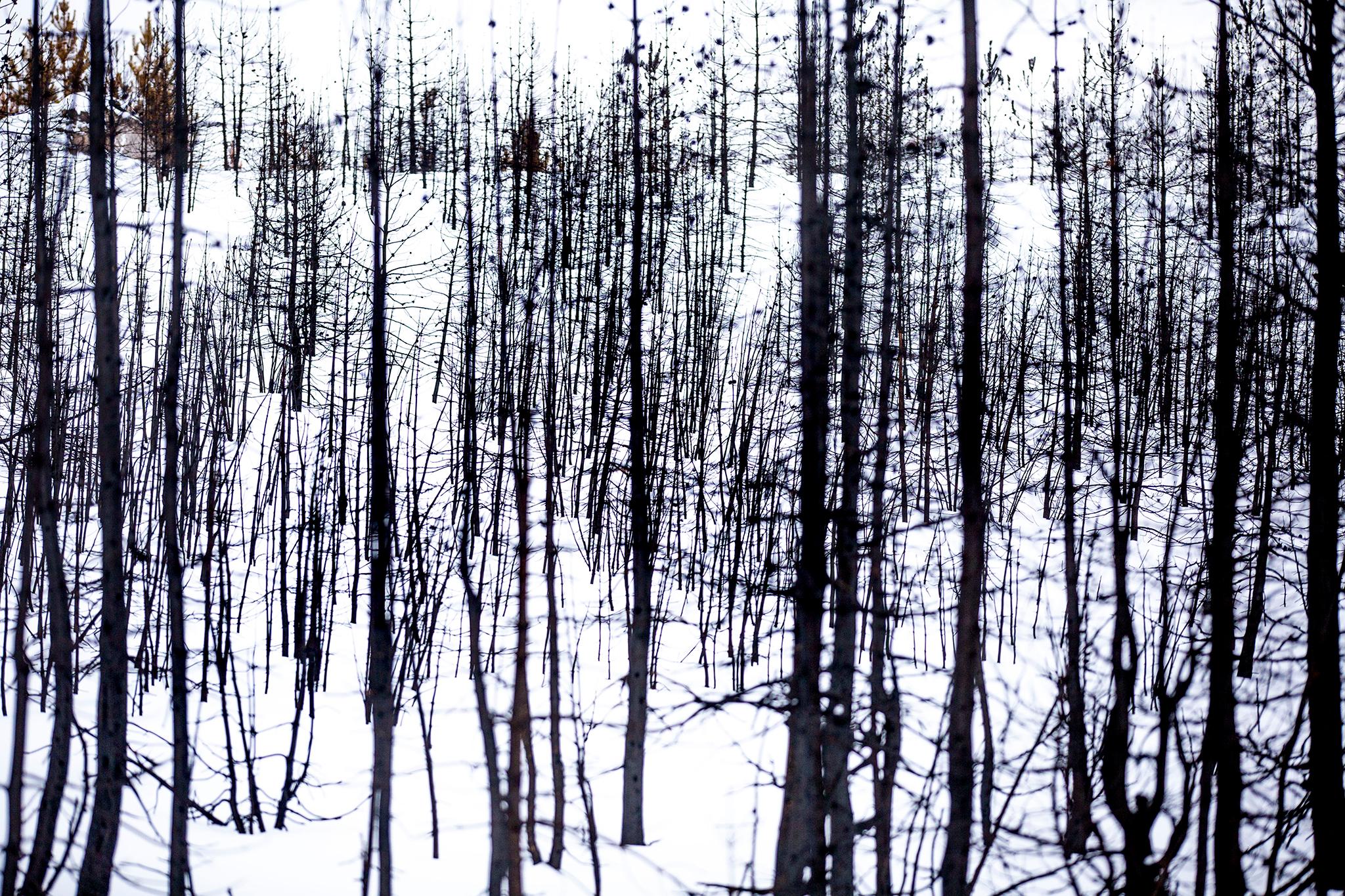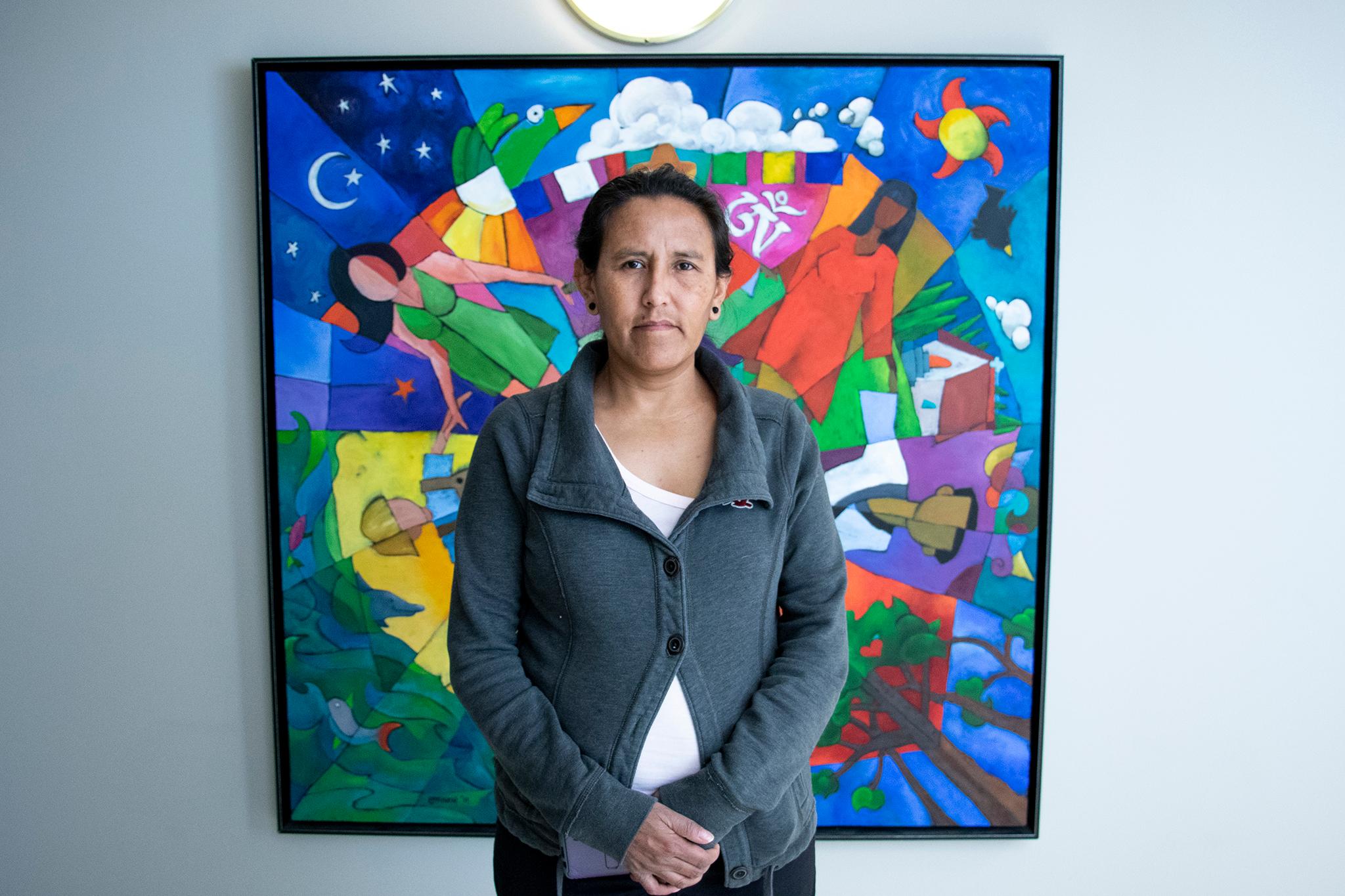
United States Rep. Joe Neguse has seen his political profile skyrocket since the second impeachment trial of former President Donald Trump.
The sophomore Congressman from Boulder served as Democrats’ youngest impeachment manager in history. His clear presentation prompted some pundits to wonder if the 36-year-old congressman could be bound for a higher post.
As Speaker Nancy Pelosi and other House democrats look to retire, Neguse could be one politician who unites the progressive and moderate wings of the party.
Neguse has since taken a baby step up the leadership ladder.
Last Wednesday, his colleagues elected him the chair of the U.S. House Subcommittee on National Parks, Forests and Public Lands, marking the first time a Coloradan or a Black person has held the position. He takes over for New Mexico Rep. Deb Haaland, who President Joe Biden nominated as the next Secretary of the Interior.
In an interview with CPR News, Neguse said he plans to use the post to shift the federal approach on wildfire prevention. As one of his first actions, he introduced a bill for a 21st Century Conservation Corps, which would direct more than $40 billion to protect public lands and hire a new generation of forest managers. He hopes Biden makes it a part of an expected infrastructure package.
“Part of those investments, in my view, should be into the forest and public lands infrastructure of our country,” Neguse said.
Interview Highlights
Tell us about this subcommittee. How does it matter to people in Colorado?
Colorado, as you know, is home to diverse rich ecosystems and treasured public lands that make up just over about 36 percent of our total acreage. We have 12 national forests, many national parks like Rocky Mountain National Park in my district.
Ensuring that a Coloradan has not just a seat at the table, but a leadership role on this particular subcommittee with respect to funding decisions for various agencies that manage that land — such as the U.S. Forest Service and the Bureau of Land Management — is really important. It's an honor and I'm looking forward to getting to work.
Your first action in this new position was to reintroduce a plan for a 21st Century Civilian Conservation Corps. The 20th century CCC employed more than 3 million people during the great depression. Is that the scale you have in mind here?
That’s precisely right. The Civilian Conservation Corps, which President Franklin D. Roosevelt devised as a part of his New Deal program, provided us with a great template that we could emulate for the 21st Century, updating it to enable folds to have gainful employment such as restoring trails, wildfire mitigation and adaptation efforts across Colorado and the rest of the Rocky Mountain West.
The bill calls for $40 billion for fire prevention and public lands work. What would that let the federal government do that it isn’t doing now?
There are a number of programs within the federal government that have been woefully underfunded for decades. That has, in the view of many, caused the proliferation and pervasiveness of the wildfires our state has experienced.
I’ll give you an example. About $6 billion for the U.S. Forest Service and about $6 billion for the National Park Service maintenance accounts are included in our proposals, which would put people to work on some of the most iconic forests in the state.
In addition, there’s funding for the Collaborative Forest Landscape Restoration Program, which really tries to reduce the risks of megafires with large-scale, community-driven restoration programs. There’s another $150 million for programs just like that in our proposal.
Wildfires became a partisan issue under President Trump, where Republicans largely focused on the need to reduce fuels in overgrown forests and Democrats focused on climate change. Can you overcome those disagreements?
We're trying to de-politicize these issues. We all recognize that forest management and doing what we can to fight climate are important core parts of the work ahead and addressing wildfires in the Rocky Mountain West. This proposal certainly speaks to that. It funds both sides of that equation.
Congress obviously has a busy schedule. President Biden is pushing a massive stimulus package, an immigration overhaul and public health measures to beat back the pandemic. How are you going to create time for public lands and wildfire issues?
That is part of the benefit of being the chair of this subcommittee. It certainly gives us a bigger platform from which to advocate for these issues.
At the end of the day, for Colorado and for the communities that I represent, there's simply no time to waste. Wildfire season will be upon us again in short order. And as we know, those seasons are growing longer each and every day because of climate change. Hopefully, we can move towards an infrastructure bill that includes the components of the triple CCC bill that we just introduced today.
I think that’s important to note: you want to see this wrapped into some sort of bigger infrastructure bill?
Yes, that's my hope. I think that the 21st Century Conservation Corps is a proposal that fits squarely within president Biden's plans of build back better, which of course he talked about at great length during the campaign and has build upon in plans released by the White House. Part of those investments, in my view, should be into the forest and public lands infrastructure of our country. That’s what our CCC bill speaks to.
This interview has been edited and condensed for clarity.









